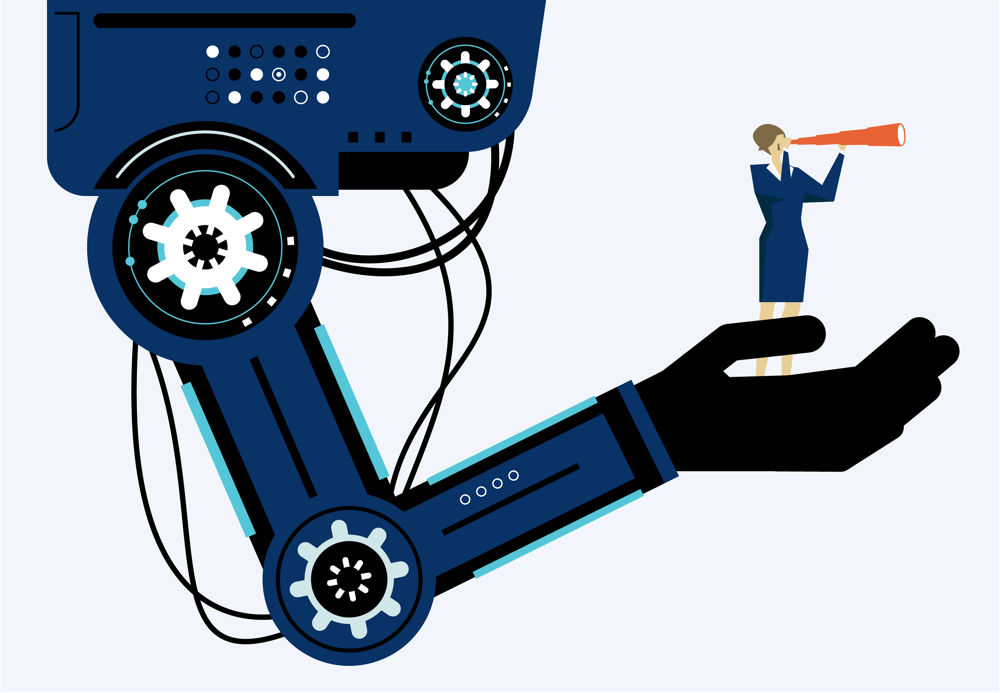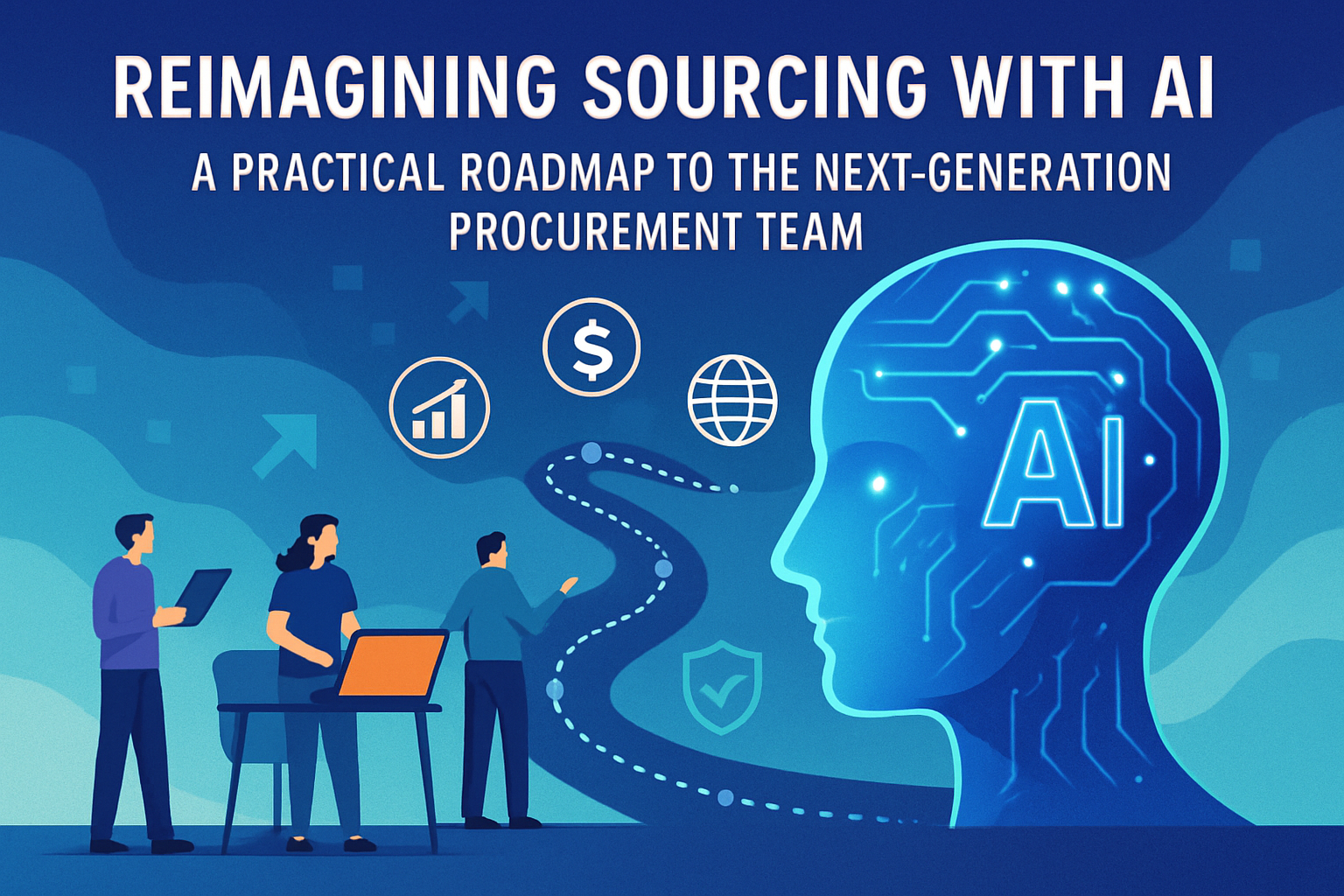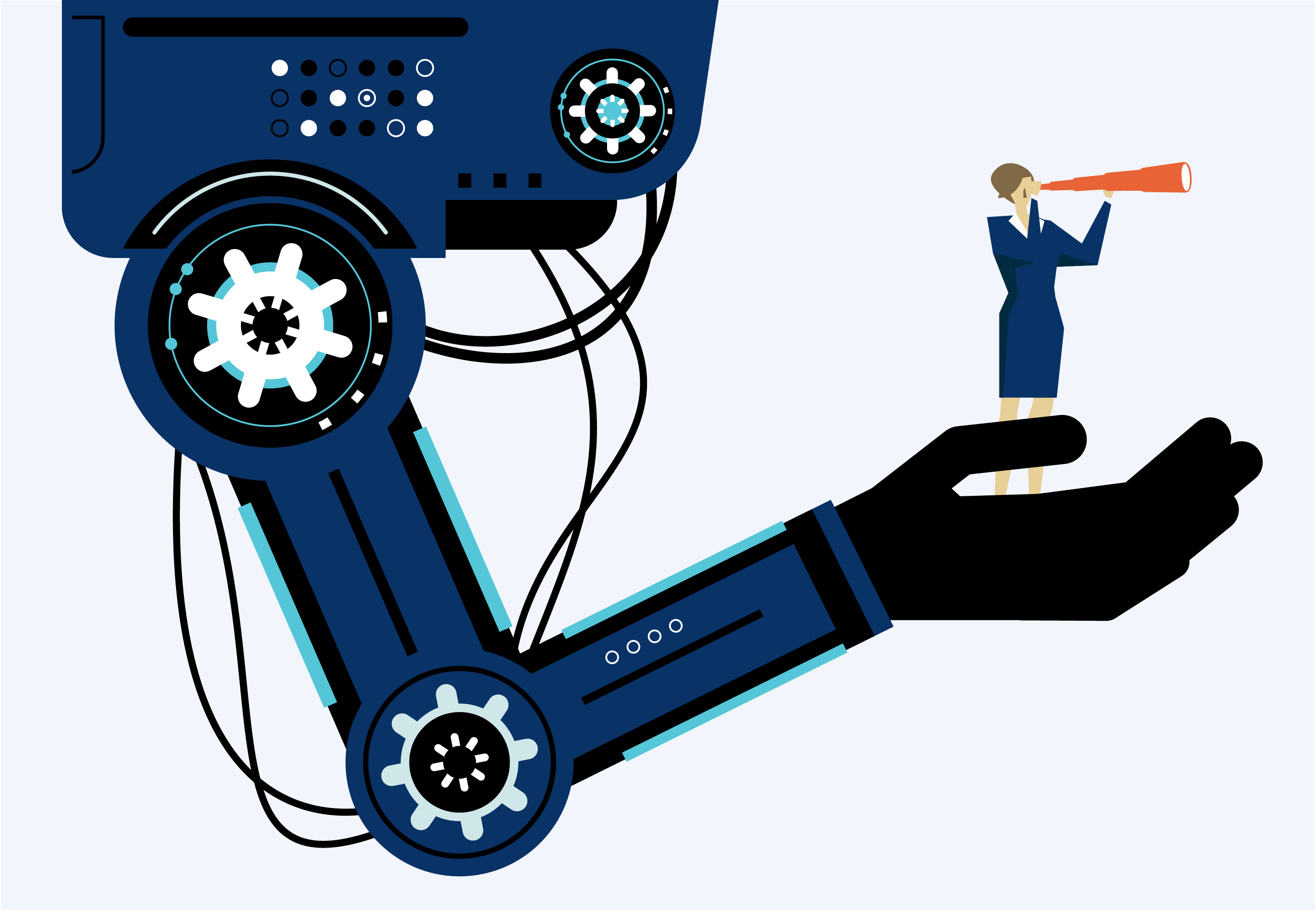How AI Can Help Brands Find the Best Agency Talent

Picture a marketer named Lena at a global apparel brand, charged with creating buzz for the opening of a new store in London. It’s happening in less than three months, and she needs an agency partner that can drive awareness. She’d like to build an in-store brand experience, potentially using virtual reality to showcase the brand’s penchant for innovation, but time is short.
A couple of event agencies Lena has worked with in the past come to mind, but what she needs is a cutting-edge digital shop to concept and build something unique that people will share on their social channels. So she opens her laptop and writes a brief in about 30 minutes, using a digital workflow that prompts her with focused questions about the capabilities she’s seeking, as well as her objectives, target audience, timeline, and budget.
Lena submits the brief, and a shortlist of agencies is returned within minutes. She scans the information about their capabilities and experience and clicks through VR case studies with objectives and outcomes similar to what she has in mind. Two of the agencies have worked with her company previously, though not with her team. She chooses the three she likes best and shares her brief with them and offers to schedule introductory calls to answer questions.
She closes her laptop and heads to her meeting. All told, the process of creating a brief and shortlisting three qualified agencies has taken an hour.
***
No doubt you’ve already read about how artificial intelligence is poised to change the way we work—from far-fetched predictions of how robots will replace us to more nuanced discussions of how AI and machine learning will automate mundane, repetitive tasks, allowing us to focus on problems requiring creativity and empathy.
If you’re a marketer, the concept of harnessing AI to work faster and smarter isn’t science fiction, nor is it a sometime-in-the-distant-future proposition. At Globality, our clients benefit from an AI-powered sourcing platform that quickly identifies highly relevant agencies based on the specific, unique requirements of the client’s project.
To appreciate the value of AI-based matching, it’s useful to think about how clients are still frequently choosing their agency partners—a process that amazingly hasn’t materially changed in the last 25 years. There’s a deep irony in the fact that the most successful brands have managed to marry technology and creativity, yet many are still hiring agencies like it’s the ‘90s, through a slow and tedious analog RFP process.
Compounding this inefficiency is the continued shift toward project-based relationships and away from AORs. Behind this sea change is the fact that it’s hard for agencies to be good at everything in a marketing ecosystem this complex; brands want partners that excel in specific areas, such as digital retail, analytics, and influencer marketing. There’s now seemingly an agency for every discipline and target audience you can think of, which in theory should allow brands to be more innovative than ever before. And yet, all of the legwork required to identify and hire new agencies creates an inertia resulting in clients sticking with known quantities, which is a real impediment to innovation in large marketing organizations.
I’ve talked to several CMOs who would love to improve their agency management practices and ensure that the right partners are being awarded the right work for their skill set; however, they simply don’t have time to put this into practice.
To be clear, innovation doesn’t always require agencies that are wholly new to the brand. In a sprawling marketing organization, the odds are pretty good that the perfect partner for any given brief has already been hired by some internal team at some point in time. The challenge is making “long tail” agencies discoverable when there’s another fit for their skills—and capturing feedback on their performance to improve future matches.
On the supply side, the agency ecosystem is increasingly rich and varied, and many shops have been able to compete and thrive because they’ve carved out a niche. Consider a few examples from Globality’s network of agency partners, such as Playgrnd, a retail and experience design agency; Volume AI, which focuses on conversational AI; and NellyRodi, a business and creative intelligence agency which specializes in trend forecasting for fashion and beauty clients. As new technology lets marketers more easily discover and evaluate the best shops for every requirement, agencies that hone an expertise will be rewarded with more opportunities to do stand-out work they’re passionate about, creating a positive feedback loop which is good for both sides.
Ultimately, it’s not that AI and machine learning can handle the task of generating agency shortlists better than people can. The point is that marketers’ time can be put to far better use in areas such as strategy, creative ideation, and even change management to enable digital transformation in their organizations—which is the kind of work that ultimately creates value for brands.
I believe marketing leaders have an enormous opportunity to rethink how they manage and work with their agencies, and I’m excited to play a role in shaping a better future for the ecosystem.
Keep in mind that what we see now is just the beginning of what AI will enable brand managers to do in the near future. In a few years’ time, Lena will be guided by a virtual assistant that’s learned from millions of previous projects when she’s looking for an agency. In addition to helping her write a brief that perfectly captures her needs and matching her with well-suited agencies, it will also predict the results she can achieve with each potential partner and at what cost. Ultimately, early adopters like Lena’s company will increase the pace of innovation and personalization, while brands who rely on old-fashioned ways of working may fall significantly behind.
***********************
Charlie Byron is Head of Marketing Sector (EMEA) at Globality.



